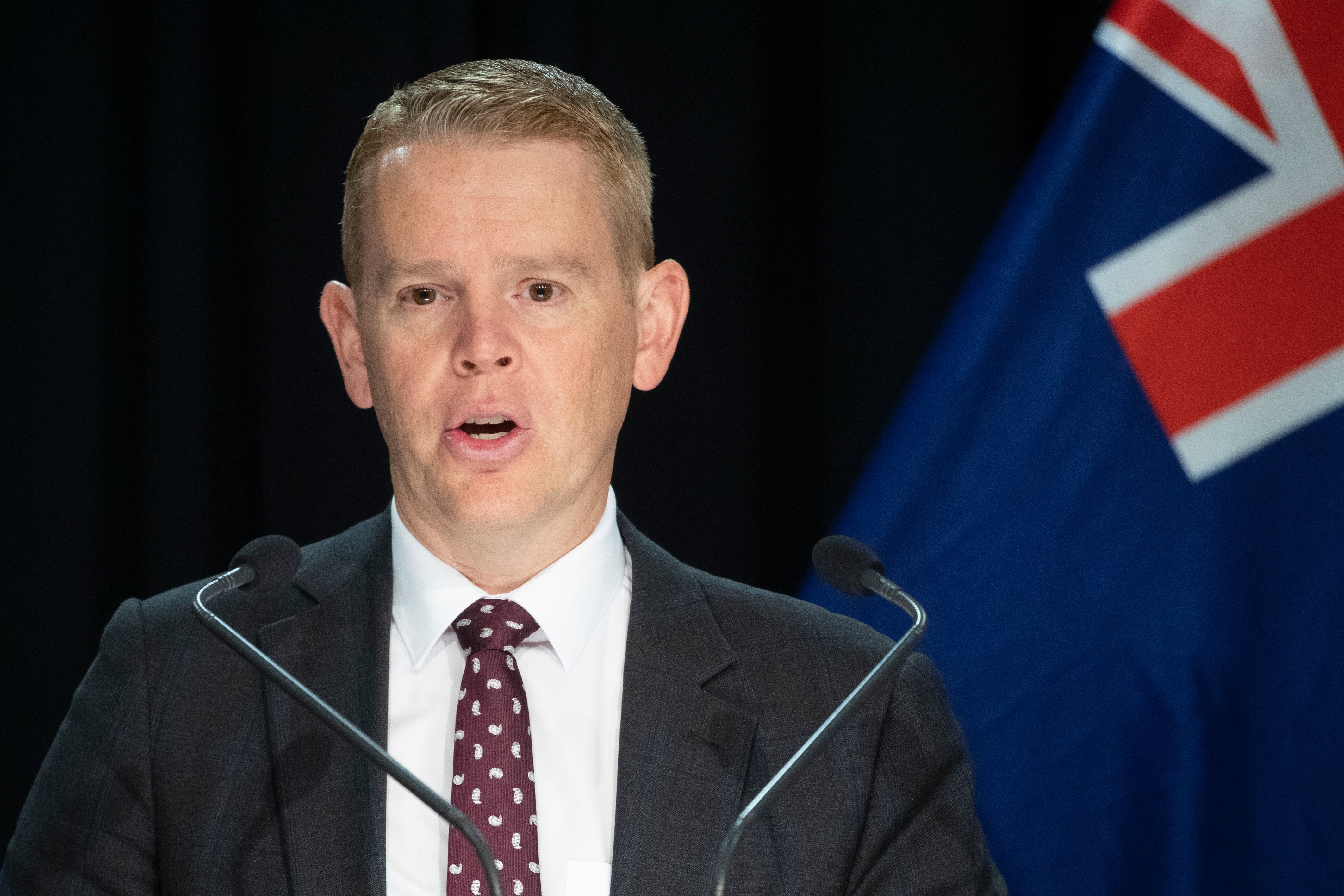New Zealand leader says he favors nation becoming a republic
New Zealand Prime Minister Chris Hipkins says he personally favors his country becoming a republic but it's not a change he intends to push for as leader

Your support helps us to tell the story
From reproductive rights to climate change to Big Tech, The Independent is on the ground when the story is developing. Whether it's investigating the financials of Elon Musk's pro-Trump PAC or producing our latest documentary, 'The A Word', which shines a light on the American women fighting for reproductive rights, we know how important it is to parse out the facts from the messaging.
At such a critical moment in US history, we need reporters on the ground. Your donation allows us to keep sending journalists to speak to both sides of the story.
The Independent is trusted by Americans across the entire political spectrum. And unlike many other quality news outlets, we choose not to lock Americans out of our reporting and analysis with paywalls. We believe quality journalism should be available to everyone, paid for by those who can afford it.
Your support makes all the difference.New Zealand Prime Minister Chris Hipkins said Monday he personally favors his country becoming a republic, but it's not a change he intends to push for as leader.
Hipkins made the comments to reporters hours before he was due to depart for this week’s coronation of King Charles III in London.
New Zealand, a former British colony, is self-governing but Charles retains a largely ceremonial role as head of state and king. Charles is represented in New Zealand by a governor-general.
Like many former British colonies, New Zealand continues to wrestle with what — if any — constitutional role the British monarchy should play in modern times.
Barbados chose to become a republic in 2021. Jamaica last year said it plans to pursue independence. And Australia in February decided to remove the British monarch from the last of its banknotes, although an image of Charles is expected to feature on coins.
“Ideally, in time, New Zealand will become a fully independent country, will stand on our own two feet in the world, as we by and large do now,” Hipkins said. “I don't think that swapping out the governor-general for some other form of head of state is necessarily an urgent priority right now, though.”
Hipkins faces an election later this year and has already ditched many of his government's more contentious policies as he tries to refocus the political agenda on what he describes as bread-and-butter issues such as the cost of living.
Hipkins unexpectedly rose to power following the shock decision in January of former Prime Minister Jacinda Ardern to step down.
Ardern had previously said she believed New Zealand would eventually become a republic but it was not a legislative priority. Hipkins, however, stated his own support of republicanism more forcefully than Ardern.
“I believe we should ultimately be an independent country,” he said.
But he said the current constitutional arrangements were working well and he wasn't interested in pushing the republic debate onto New Zealanders.
“Honestly, I think it is something for New Zealanders to instigate a discussion on, and there isn't a groundswell of support for having this particular debate right at the moment,” Hipkins said.
Hipkins inadvertently acknowledged he had a meeting planned with Charles on the trip, but he declined to say what they would discuss.
While in London, Hipkins also plans to meet with British Prime Minister Rishi Sunak to advance a free trade deal the two nations struck in 2021.